Funding Partners are public or private entities that fund the Better Cotton Initiative (BCI)’s organisational activities and projects at farm level, directly contributing to our 2030 Strategy and paving the way towards achieving impact for smallholders worldwide.
Funding Partners are more than just investors – their support offers valuable advice and guidance along the way to pilot new approached and/or scale up valuable concepts.
They are truly partners in everything we deliver, and we are proud that they are part of the BCI journey. Becoming a Funding Partner means that you are part of the story and can make Better Cotton a reality.
Johannes Luderich, GIZ – Due Diligence Fund
Meet our Donors (Past & Present)
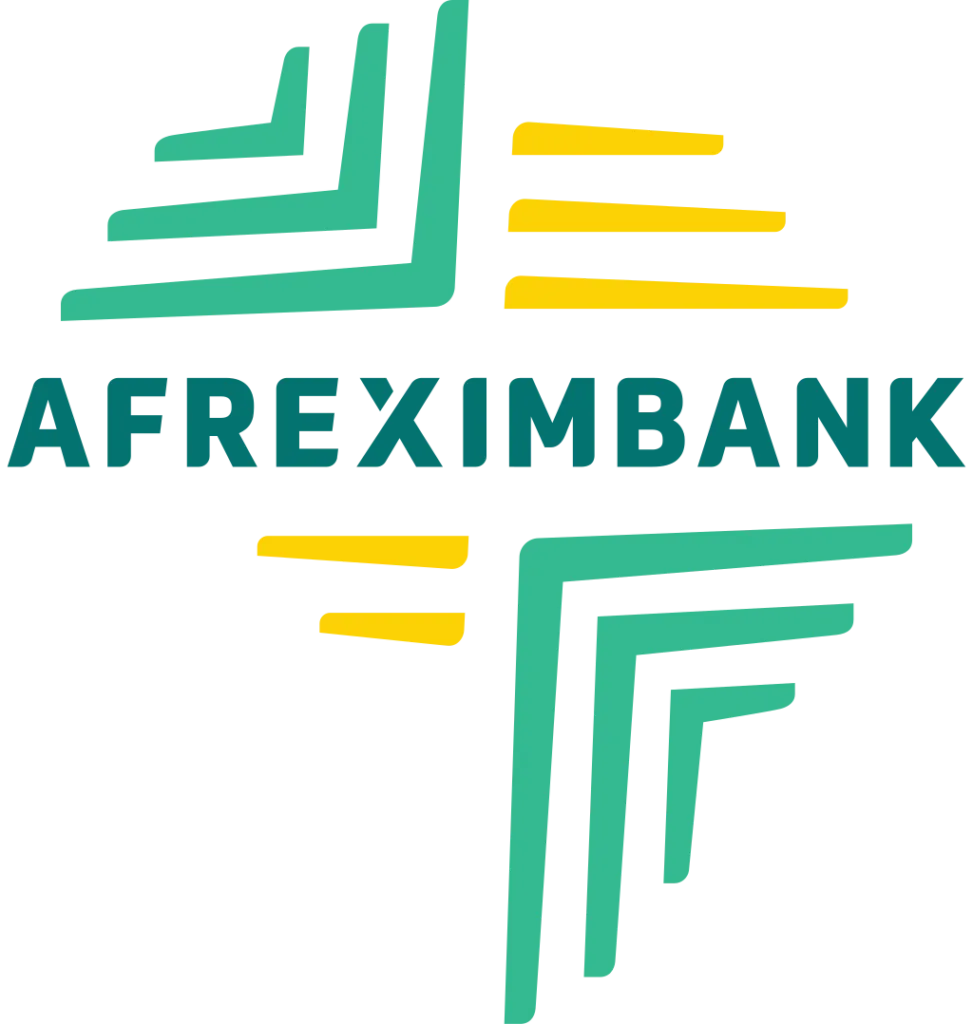

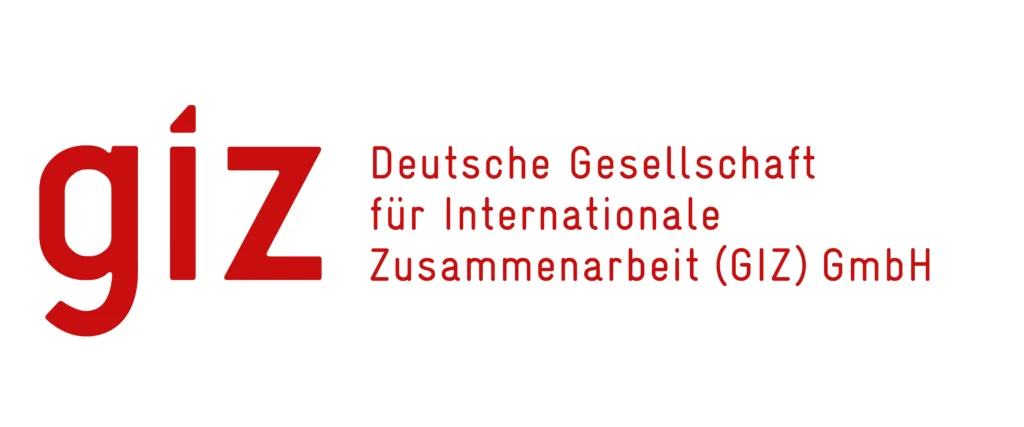

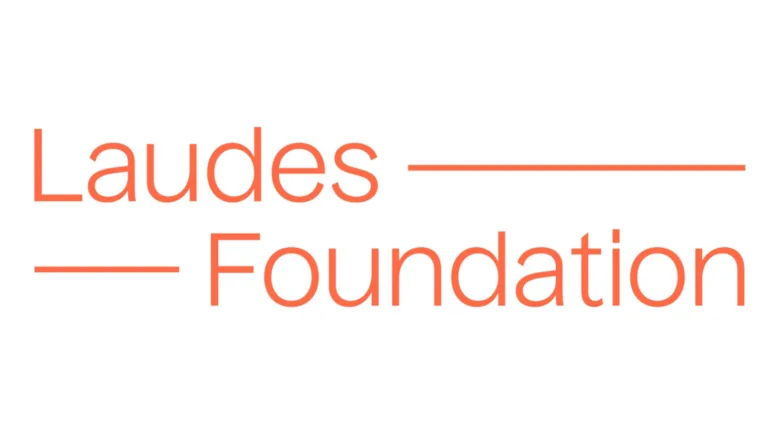

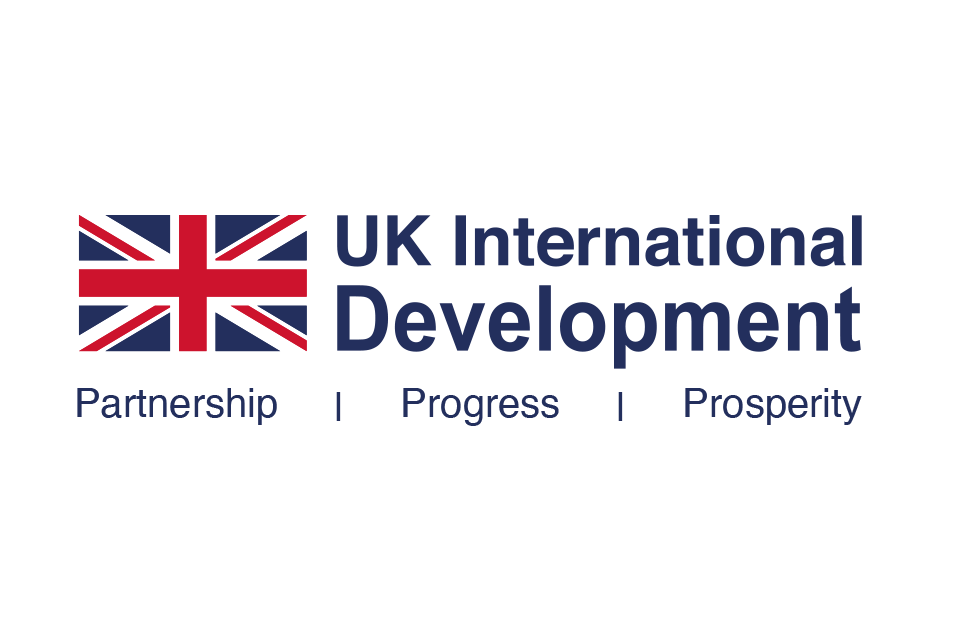

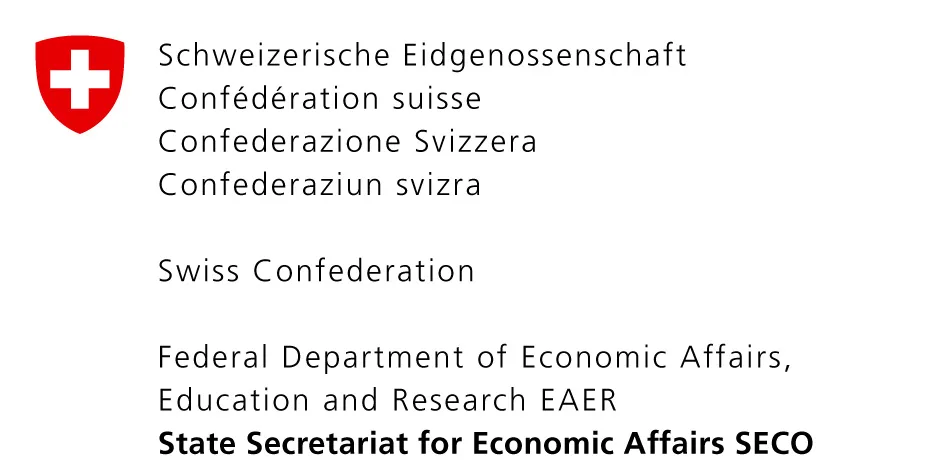

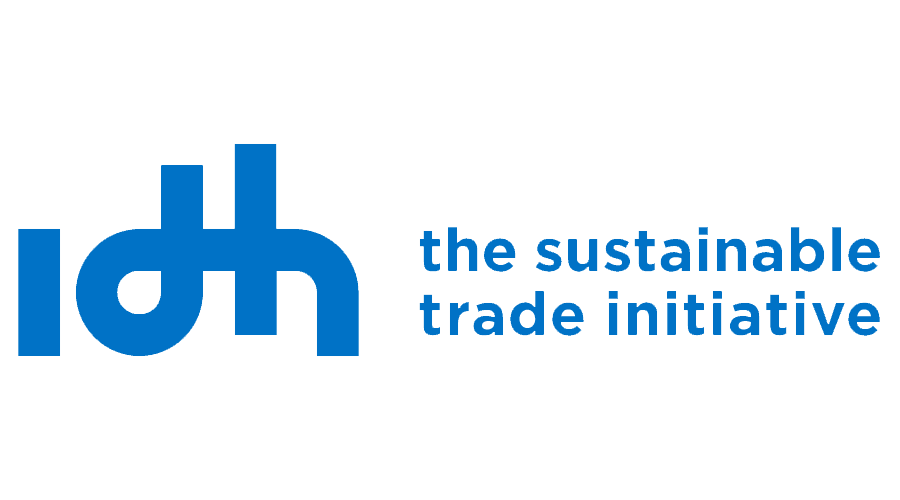



Projects Funded by Our Partners
Here are two examples of projects that closed in 2023. Both were funded by our partner GIZ:
GIZ India: Promoting BCI Farming Practices in Maharashtra, BCI Sustainability, and Value Addition in the Cotton Economy Phase I & Phase II (2020 – 2023)
The GIZ-funded project in Maharashtra promoted environmental and socially sustainable agriculture practices among approximately 200,000 farmers. The project led to higher yield and income, and enhanced connectivity to markets. Phase II of the project had a special focus on improving gender equality and addressing child labour within the farming community. Our field facilitators delivered gender sensitisation training to both men and women farmers, fostering an understanding about the different roles, experiences, and expectations associated with women in cotton, challenging stereotypes and gender-based discrimination. Women farmers also benefitted from joining self-help groups and farmer producer organisations, where they received support and guidance with marketing their cotton and additional livelihood activities.
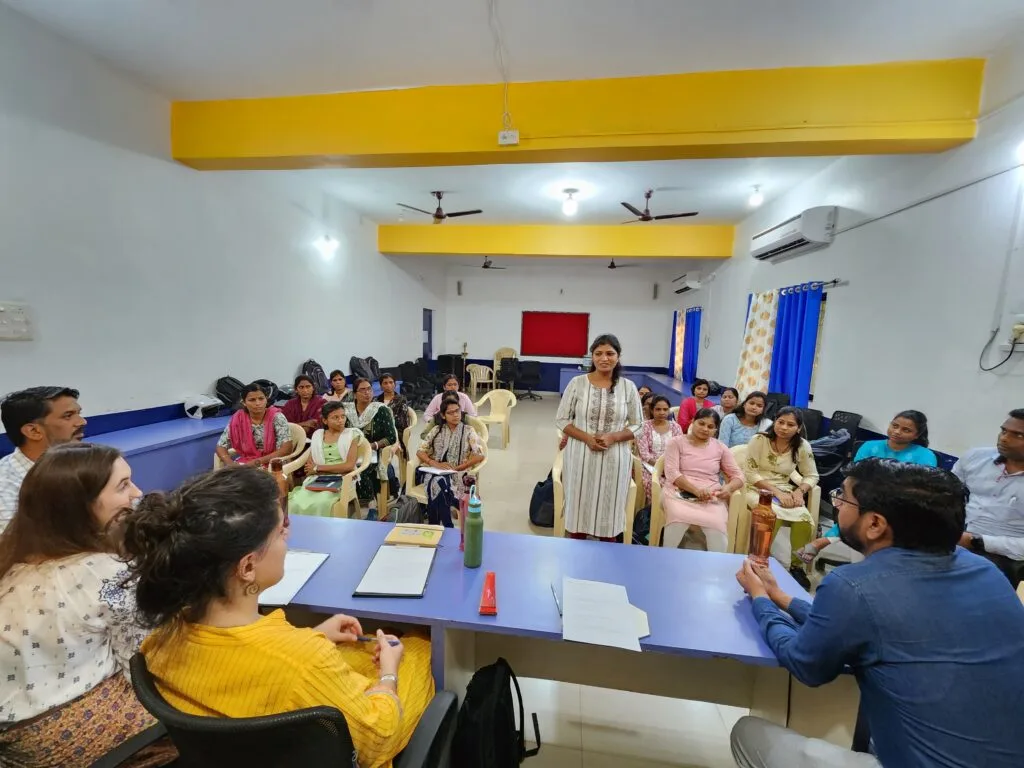

GIZ, Due Diligence Fund: Enhancing traceability in raw cotton supply chains in Pakistan: Engagement with informal actors between the farm and the gin and building a BCI Unique Bale Identification System in Pakistan (BCUBIS) (2023)
The BCUBIS project initiated collaboration with informal actors in the first mile of the cotton supply chain in the Sindh and Punjab provinces of Pakistan, actors that we had not previously engaged with. The project has shown us that intermediaries are willing to engage with BCI, meet our requirements and share data, improving the traceability of cotton at the beginning of the supply chain. Under the scope of the project, we also developed a Bale Tagging System which is operationally feasible for ginners in Pakistan, allowing us to trace BCI Cotton from gins to spinning mills. The learnings from this pilot have informed our plans for lot level tracking, enabling and facilitating traceability back to the gin.
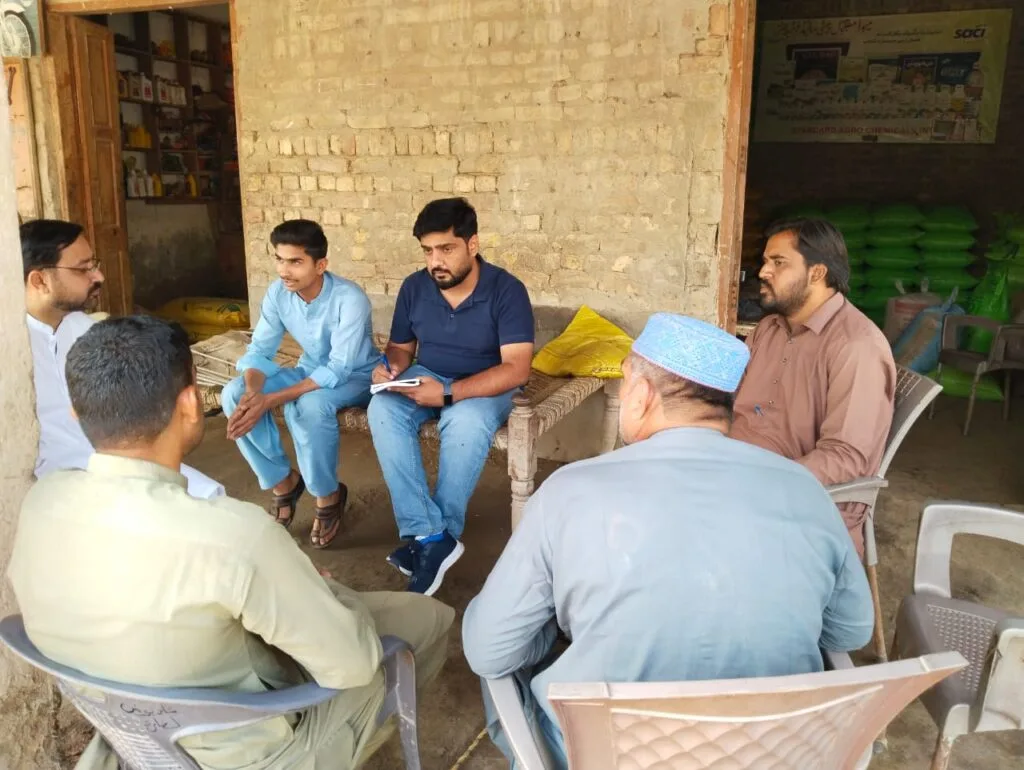

ISEAL Innovations Fund (funded by SECO): Promoting robust greenhouse gas accounting, reporting, claims and incentives: approaches for agricultural commodity supply chain (2023 – 2025)
Measuring and reporting on greenhouse gas (GHG) emissions – particularly Scope 3 emissions for farms in complex supply chains – is a shared challenge for many agricultural sustainability systems. This project explored existing GHG data collection and reporting principles in agricultural commodity production and how they can be applied inclusively. It leveraged insights from ISEAL past projects and advocates for the role of agricultural standards in GHG accounting, reporting, claims and farmer incentives. This project was possible thanks to a grant from the ISEAL Innovations Fund, which is supported by the Swiss State Secretariat for Economic Affairs (SECO).
ISEAL Innovations Fund: Resilience through Collective Action, Sustainable Healthcare Access for Smallholder Farmers, ReACT, (2025 – 2026)
The ReACT (Resilience through Collective Action, Sustainable Healthcare Access for Cotton Smallholder Farmers) project is a two-year initiative in Côte d’Ivoire, led by BCI in partnership with our Programme Partner SECO and Social Enterprise Elucid. It aims to improve healthcare access for 1,000 smallholder cotton farming households by connecting them to WHO-accredited services through Elucid’s digital platform. Agricultural Producer Organisations (APOs) will play a central role in raising awareness, building trust, and enrolling farmers, while also collecting community feedback to refine service delivery.
The ReACT project explores how FPO-supported healthcare programmes influence health outcomes, income, and access for farming households. It also examines how service delivery can be gradually transitioned to FPOs to ensure long-term financial sustainability. Insights from the healthcare model will inform how similar approaches could be applied to other types of insurance, such as crop or life cover, and what support FPOs would need. Ultimately, these project learnings are designed to help define the role of sustainability systems in developing and scaling initiatives focusing on collective action as a service delivery mechanism.
This project is possible thanks to a grant from the ISEAL Innovations Fund, which is supported by the Swiss State Secretariat for Economic Affairs SECO and UK International Development from the UK government.
H&M: Regenerative Agriculture in Warangal District, Telangana, India (2023-2026)
In collaboration with WWF India and H&M Group, we are supporting 7’000 farmers to adopt regenerative practices to improve the soil health and carbon sequestration properties of their land. We are promoting practices like:
- Minimum to no tillage
- Cover cropping
- Organic manure
- Composting
- Crop diversification
- Natural Resource Conservation
- Use of bio-pesticides
We will work with farmers and local stakeholders to plant 10,000 trees, sequestering 31.6MT of carbon and increasing soil organic carbon by at least 20% across 5000Ha. We are actively recruiting women field staff to increase the participation of women farmers and forming self-help groups for training on regenerative practices and additional livelihood activities.







































